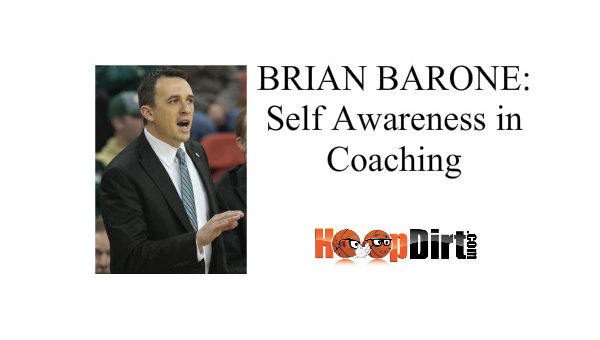Recently, my seven year old was acting perfectly. He got ready for church, acted saintly during mass, said thank you without being prompted after doughnuts, unloaded dishwasher when we arrived home, grabbed his glove and asked me to go play catch all before lunch. He was “locked in”.
Just a few days prior he was quite the opposite. Let’s just say he had a few “bad games” which resulted in less “playing time,” a canceled “film” session, and an early “bed check.”
But now he was out of his slump and I was fired up
When we arrived home from playing catch he said, “I don’t need a button, dad. If you want to give me one you can, but I don’t need one.” The button he is referring to was a reward system on our pantry door that charts good behavior with buttons.
Now, I can imagine that some of you will think that I am being too cynical thinking that my son was trying to manipulate the whole situation. I am too cynical sometimes…but not now. This was a total play. I liked it, I appreciated it, and I enjoyed the time playing catch (and I think he did too), but I was getting played.
After my seven year-old made his not-so-subtle statement, I thought about someone I knew named Johnny. Coaches do not like “Johnny.” His full name is “Johnny Come Lately.” He crashes through a door only when he needs something, just like Jack Nicholson in “The Shining.” (click for video).
Am I calling my son a Johnny Come Lately? No I am not. He is a seven year-old kid who is smart enough to try and #FindAWay to get what he wanted. But a small part of his actions did lead me to think of old Johnny and how it relates to coaching.
I’m always thinking about “Johnny” in terms of someone else. There are people in every field who only call when they need something, players who only ask for help when they’re on their last academic probation, etc. It’s important to be aware that they’re out there.
That being said, self-awareness of our own actions and intentions is more vital than keeping tabs on everyone else’s. In a sense, we can all be tempted to be “Johnny.” Too many times I have seen coaches essentially end the relationships with all the people involved in the recruiting process if they do not get a recruit. Sometimes these relationships have gone on for several years.
I get that we are in a results-driven society and I am not saying that you cannot move on to the next recruit or client. In fact, you have to. I am not even saying that you need to continue the relationship in the same way. I am saying it is important to keep a genuine relationship. Think long-term – especially when you are a young coach or business person.
You never know what will happen in the future as a result of the time and effort you put in today.
I completely understand the frustration and the sense of “time wasted” when you lose out on a recruit or a sale. You can have those feelings. But then move on from your feelings and make the best of the situation by analyzing it.
Some people may tell you the truth about why you “lost,” others will lie. Either way, take the information and utilize it how you see fit. Also, don’t be afraid to ask yourself what you could have done better. Learn and grow.
It is important to challenge yourself to make time to reach out to people in a sincere manner, even and especially when nothing is needed. Make a list of people who you have not connected with in a while. Take the time to make a phone call, write a note or an email to those people. NO MASS TEXTS. Come on…mass texts are usually counterproductive and lazy
Do not be afraid to reach out to people and ask how they are doing if they are going through a difficult time. Don’t use the excuse of not knowing what to say. If you do not know what to say then say, “I am not sure what to say, but I wanted to check in with you to let you know I was thinking of you.”
My team reminds me of this kindness every day. My three year old sometime says, “Daddy, you are my best daddy ever.” I once asked her what made her say that and she replied with, “because I just was thinking it.”
Think back at a difficult time in your life and write down the people you heard from. Then jot down names of people who you heard from when something good happened. Strive to be a person who would show up on both lists for others.
I had a coach once tell me that it is easy to reach out to friends when they win games, but it is important to reach out after they lose a game.
We all have been “Johnny” at times whether it be intentional or not. Becoming more self-aware of our actions and intentions will ultimately lead to greater success.







